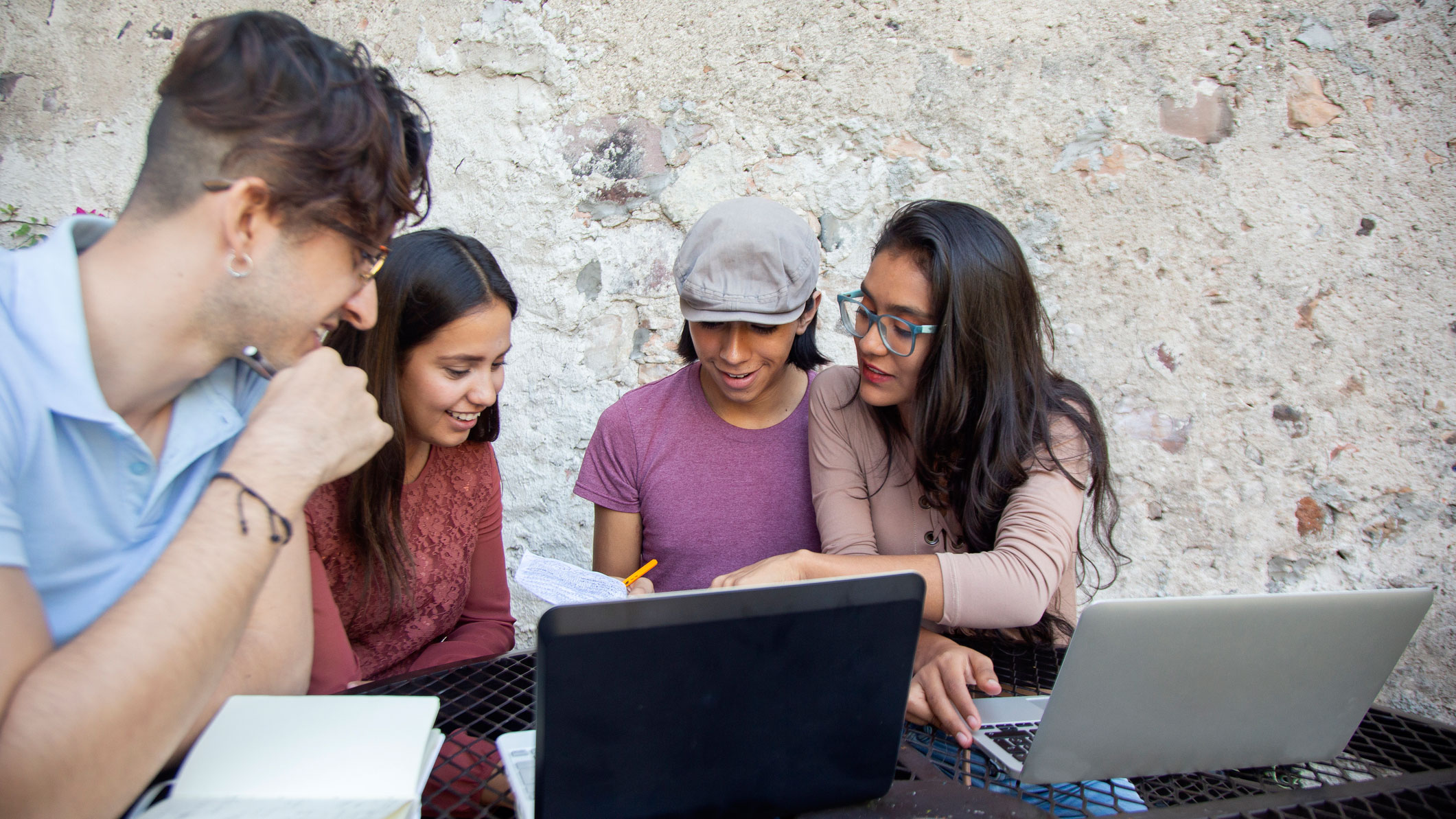Budget
£600,000
Project status
Complete
Duration
1 Mar 2020 to 1 Feb 2023
£600,000
Complete
1 Mar 2020 to 1 Feb 2023

Indigenous peoples, who make up an estimated 310 million of the world’s population, are those communities - of which there are an estimated 5,000 - that identify themselves as belonging to one of the unique cultures inhabiting a country since precolonial times. The vast majority of Indigenous peoples live in developing countries, and face poverty rates that are estimated to be around twice that of non-Indigenous people. They also have poorer health and education outcomes, and a lack of recognition of their rights.
The work brings together an international team from the Research Institute on Education and the University (IISUE) at UNAM and the Intercultural Education Research Unit at the University of Veracruz, with researchers from the departments of Education and Social & Policy Sciences at Bath.
The project addresses how the type of university attended impacts on Indigenous peoples in developing countries, both socially and instrumentally, using Mexico as an example. The proposal aims to inform policy and practice on how higher education systems can be both relevant and meaningful for Indigenous peoples. The programme of work has been developed with the Mexican Government, international and national policy organisations, and local community-based advocacy groups.
The research critically examines the role and purpose of higher education for Indigenous peoples, addressing fundamental concerns about how the type of university attended impacts on student experiences, skills and knowledge acquired and identifications across different social domains.
We are addressing these key questions:
To address these questions, we are working intensively with a group of Indigenous university students (the ‘cohort study participants’) to generate a longitudinal data-set tracking them across the diverse types of universities they attend.
This data-set is supplemented by qualitative interviews with the students’ wider social network across the three social domains addressed here. The purpose of interviewing members of their network across these domains is to understand from their perspective how the Indigenous student represents themselves, and how this may have changed over time as they progressed through university and beyond.
If Indigenous students graduating from different kinds of university vary in the extent to which they hide aspects of their identity across these different social domains, it could be suggestive of a multi-faceted identity, carefully managed as they traverse different social spaces.
We are currently recruiting a team of three post-doctoral research fellows, to be based at UNAM (Mexico City) and University of Veracruz.
View outputs from this project
Find out more about this research project
View project websiteContact us if you'd like to find out more about this research.